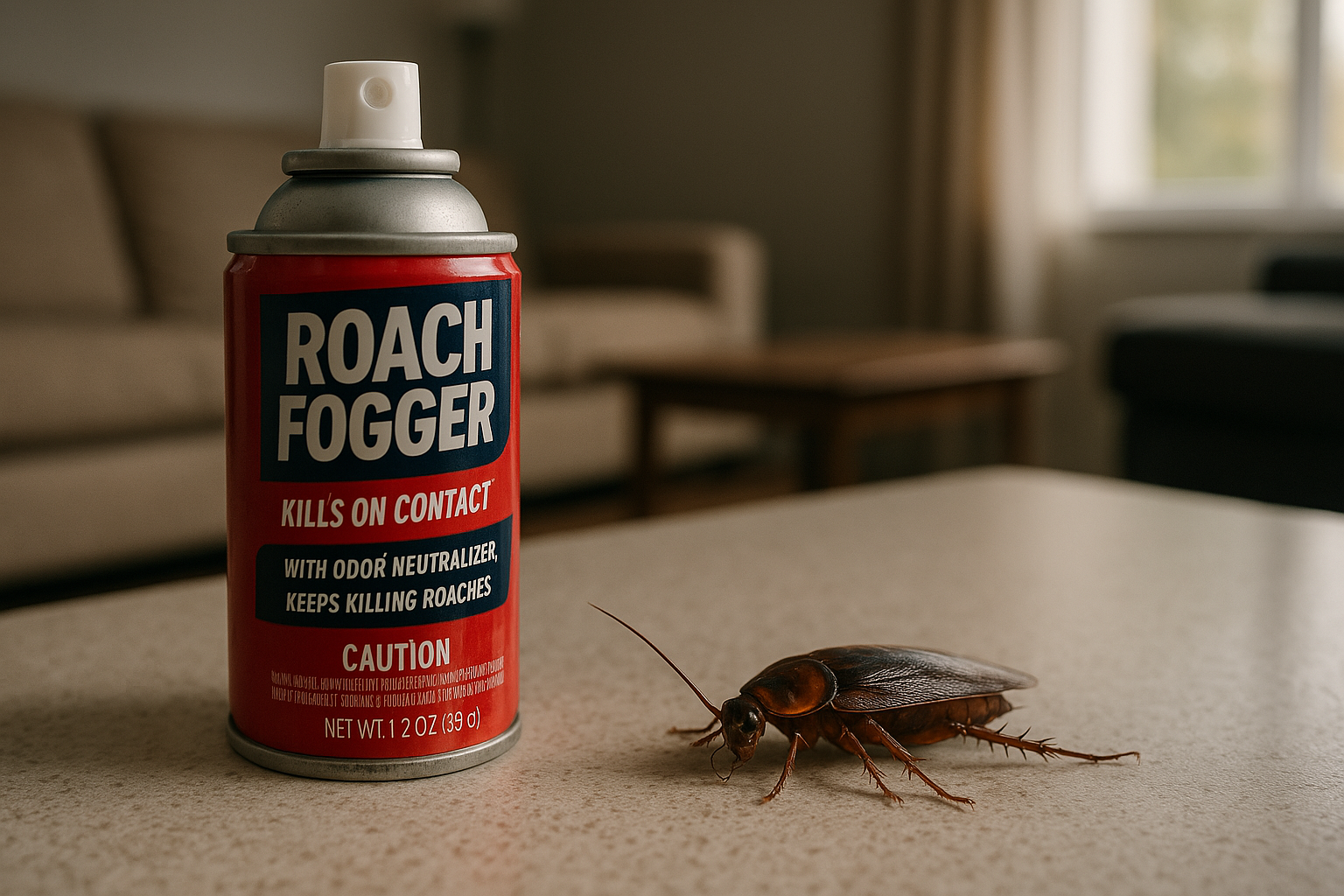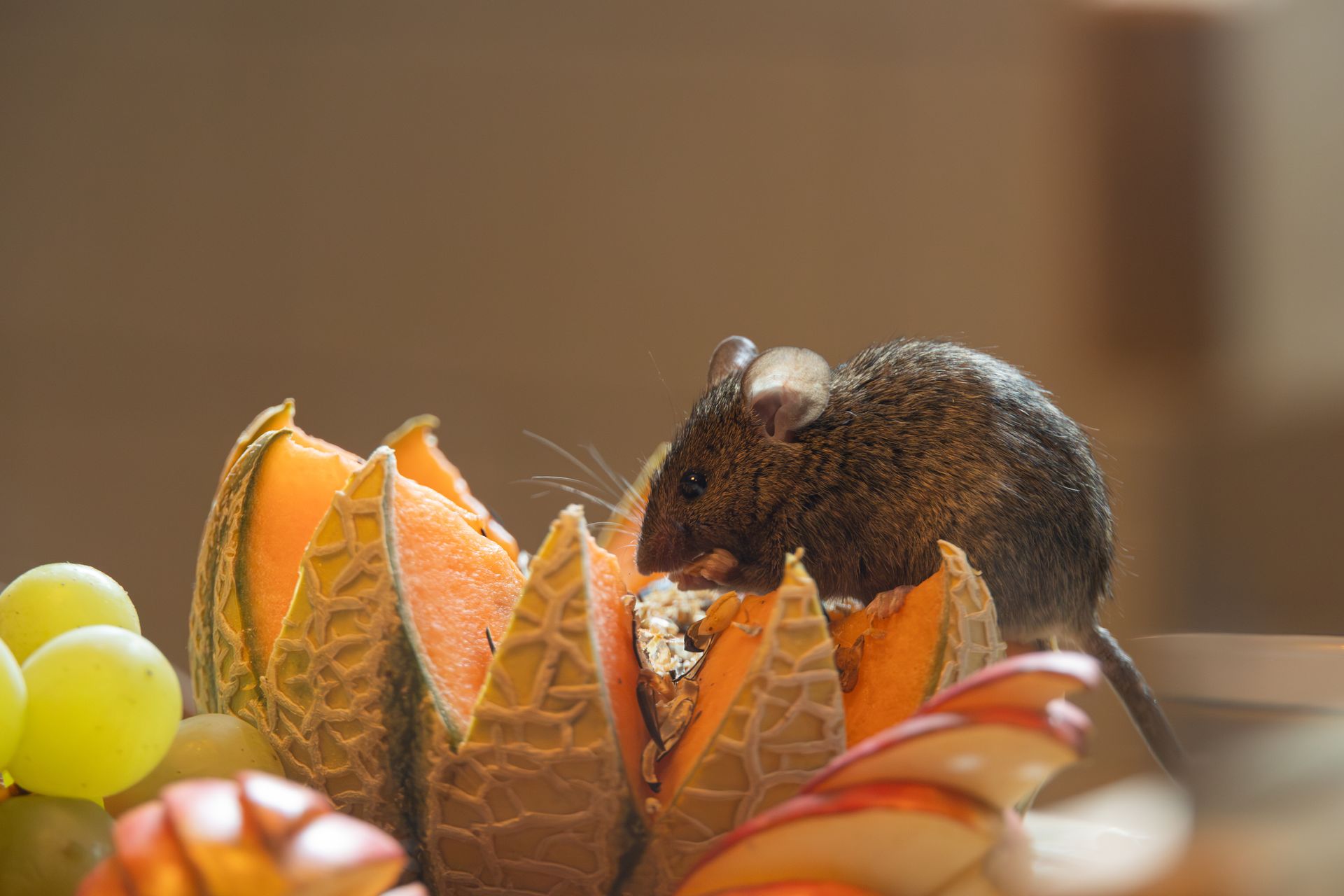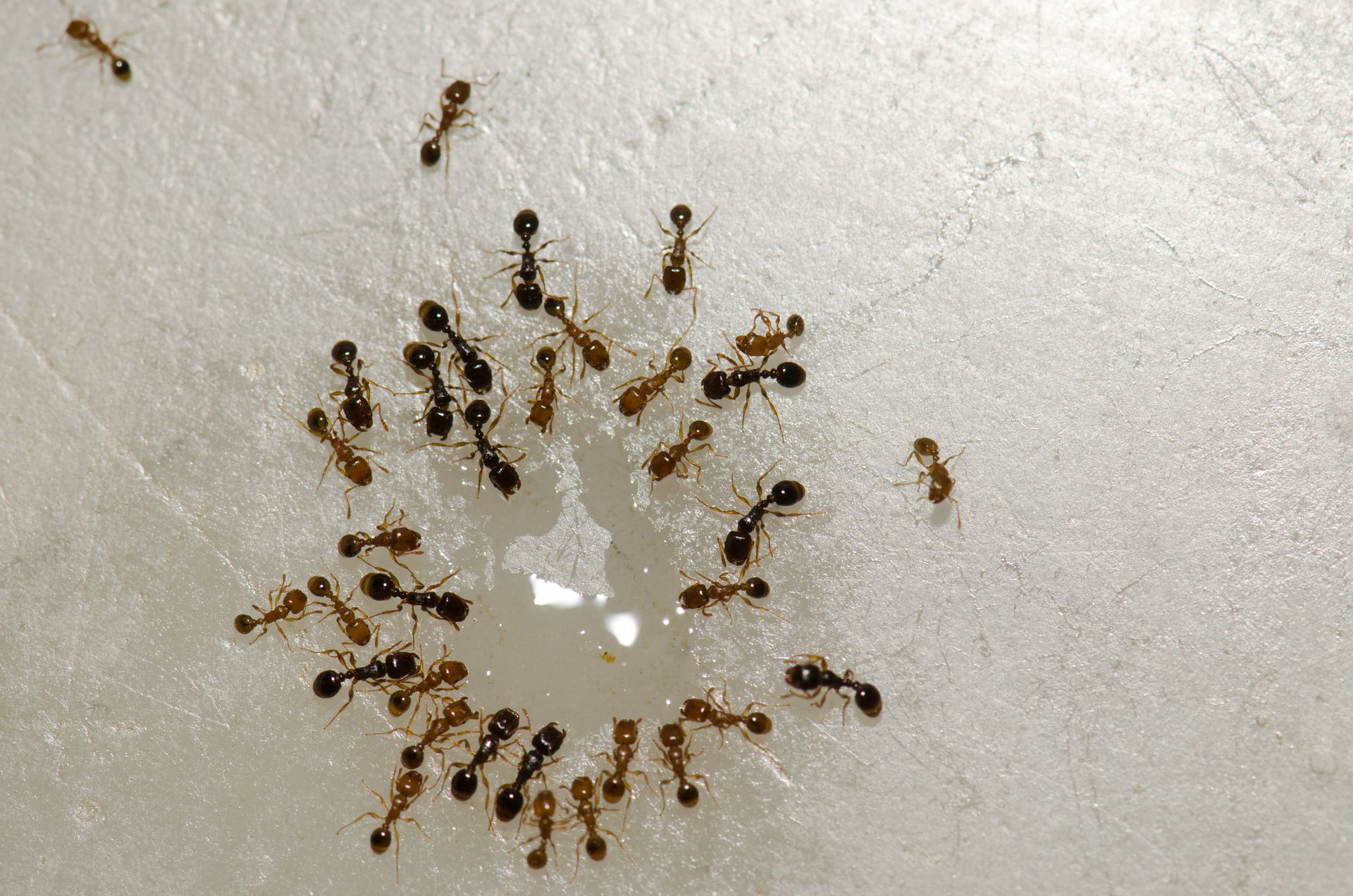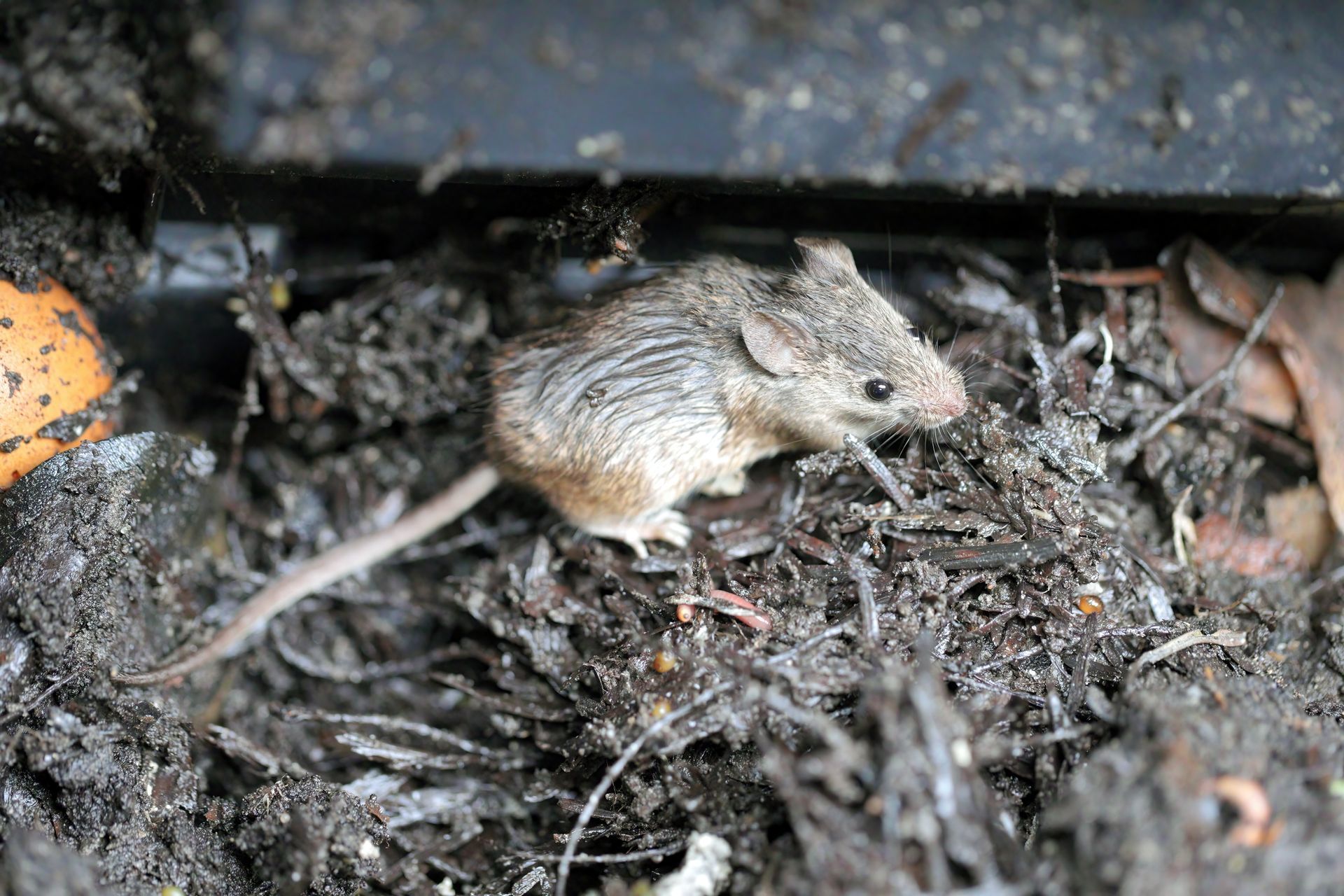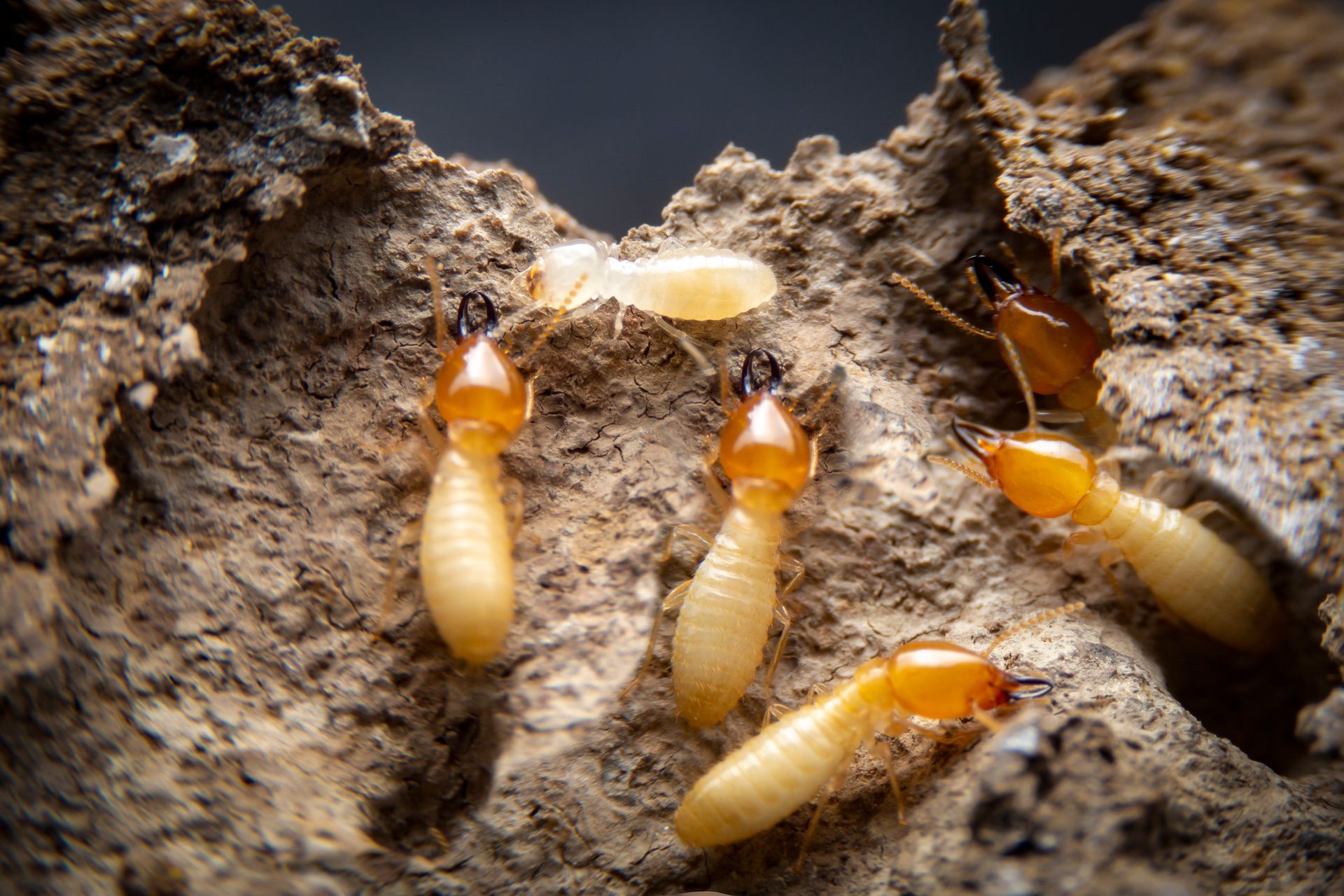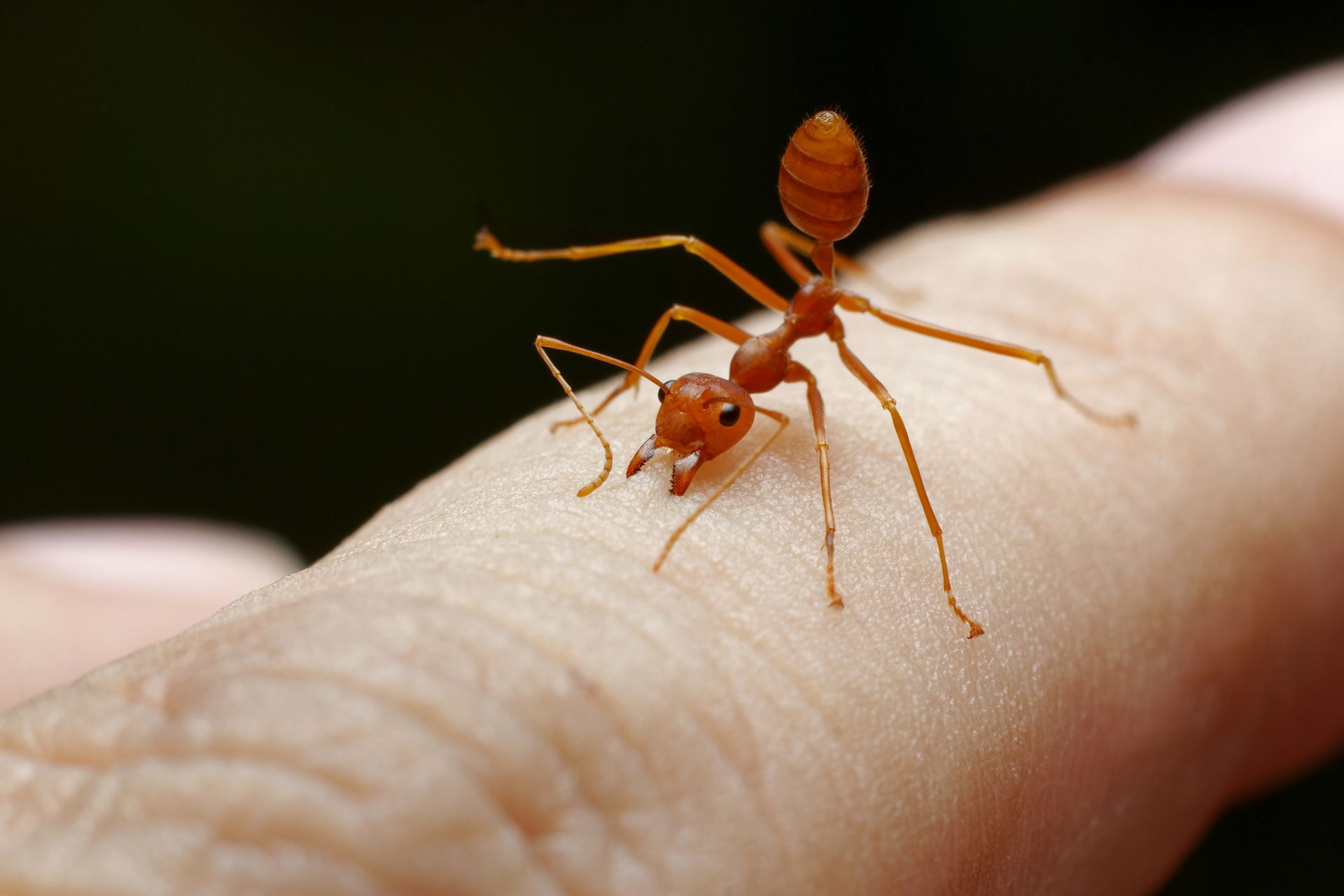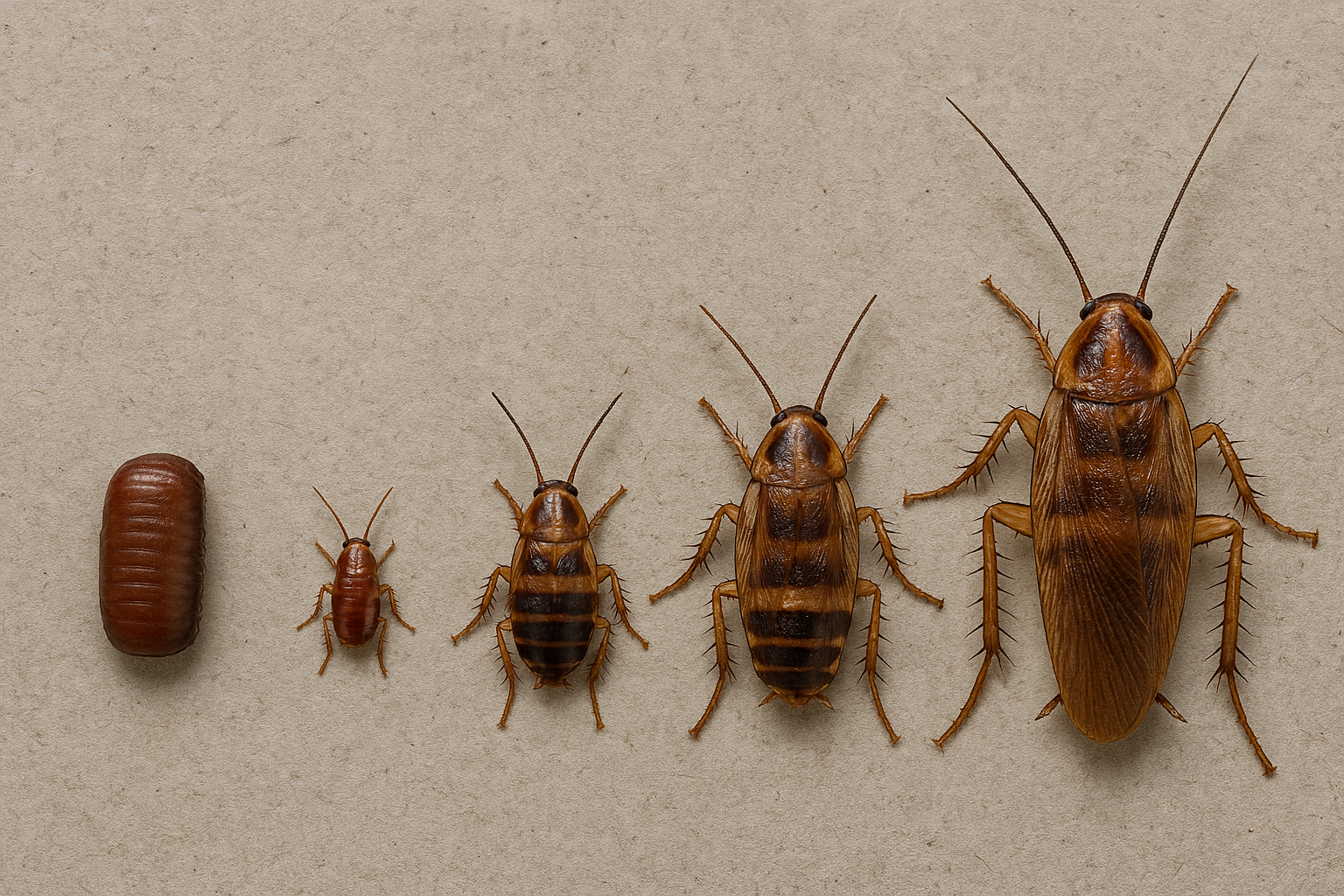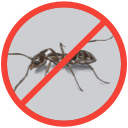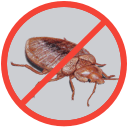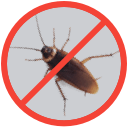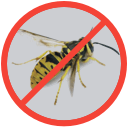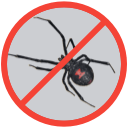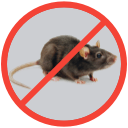Are Black Widows Poisonous & Deadly?
Are Black Widows Dangerous?
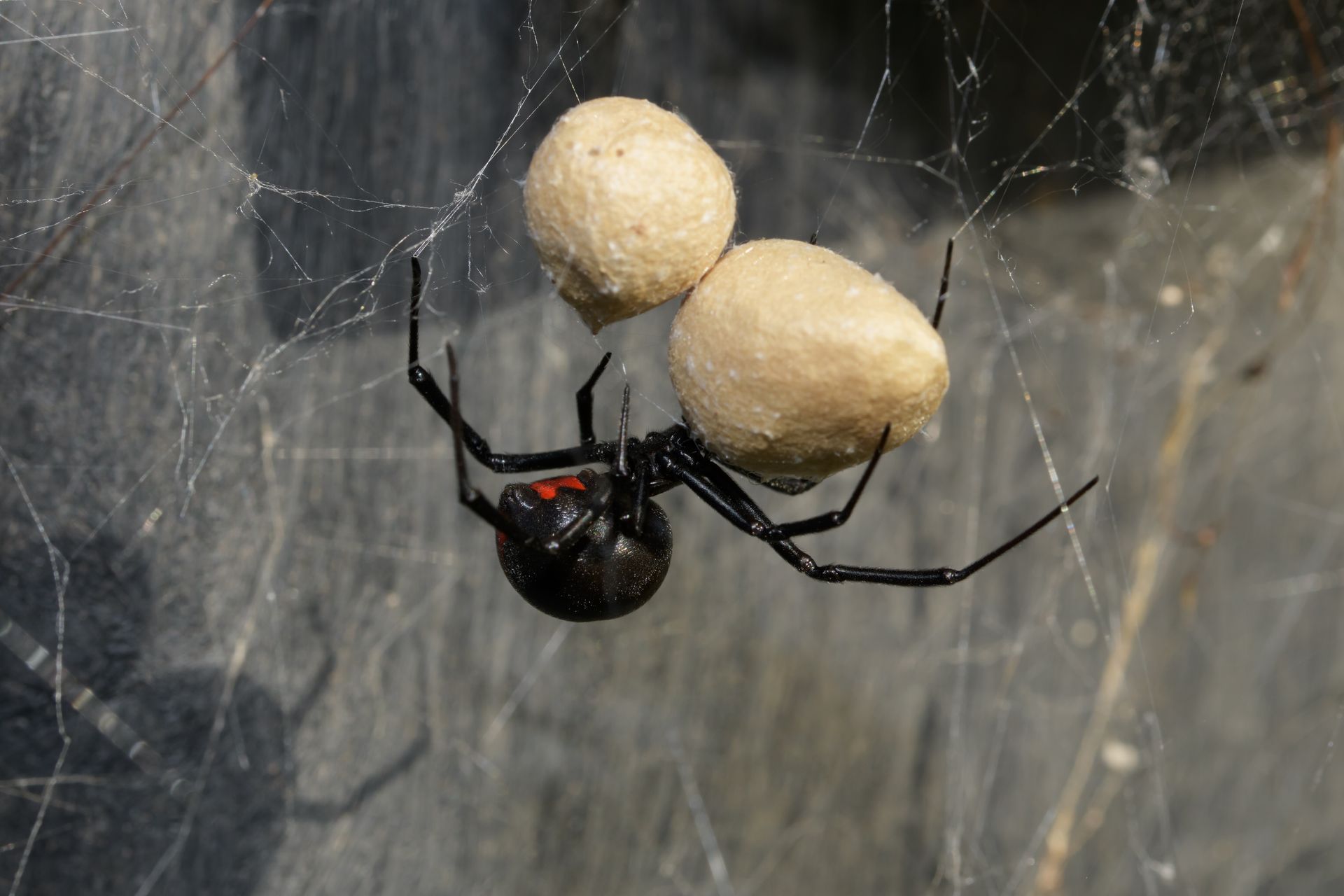
Black widow spiders may sound threatening, but are they actually dangerous? The answer is yes and no. Latrodectus variolus may shy and cautious, but they are not aggressive and rarely bite humans unless they feel threatened or disturbed. Black widows generally stay in dark and hidden areas that are free from human activity. Sometimes humans will inadvertently interact with black widows, causing a black widow to bite. When this happens, the bite will deliver a powerful venom that can cause intense pain and discomfort, and even death. Due to this reason, black widows are capable of causing harm, but it is extremely unlikely that they would. If they do, only females are capable of delivering a bite packed with venom since males and juveniles lack the facial structures necessary to bite. If someone is bitten, young children and the elderly are particularly vulnerable to severe and even fatal outcomes.
Are Black Widows Poisonous?
Black widow venom may be fifteen times more potent than rattlesnake poison, but it rarely kills people. This is because black widow venom is injected in much smaller quantities. The venom is a mix of biologically active proteins, proteases, and peptides and the main toxin is alpha-Latrotoxin. This causes inflammation, swelling, pain, vomiting, sweating, and muscle rigidity. The black widow bite with a heavy delivery of venom can be painful for most adults but can be fatal for little children and the elderly.
How Serious is a Black Widow Bite?
Even though a black widow’s bite can deliver a potent toxin, some people still have minor to no health problems after a black widow bite. Other individuals who are bitten will experience extreme pain, burning, muscle stiffness. This wide range of impacts is largely determined by how much venom is injected by the female black widow spider. Symptoms of a black widow bite will generally present within the first couple hours after being bitten. Right after being bitten, the site of injection will usually become painful and swell. Within an hour, this would be followed by muscle pain and cramping. As time passes, the venom passes through more of the body causing pain, muscle rigidity, and swelling.
Why Do Black Widows Bite?
Black widow spiders are not aggressive or territorial so there is little risk of a black widow spider biting an individual. Most of the time, black widow spiders will only bite as a defense measure. If an individual is bitten, it is much more likely that a black widow was feeling trapped or disturbed. Since black widows are often found in garages and basements, they will build a web in places that are rarely disturbed. When they are disturbed, human activity might scare the black widow spider into biting a hand that comes too close. Other circumstances which might result in a bite could include black widows hidden in shoes or black widows trapped inside bedding. Both of these situations would likely cause the black widow to feel threatened and lash out.
Black Widow Bite Symptoms
Black widow venom contains a toxin that attacks your nervous system and causes intense pain, swelling, burning, and redness. Other symptoms that may develop from a black widow bite include:
- Tremors or general weakness
- Heavy sweating
- Shallow breathing or difficulty breathing
- Painful and stiff muscles
- Nausea or vomiting
- Red and itchy rash
- Swollen eyelids
- Body and stomach pain
- Cramping in abdomen, shoulders, and back
- Chest pain and tightness
- Headache
- High blood pressure
What Does a Black Widow Spider Bite Look Like?
Not everyone feels a black widow bite when it happens. Sometimes the bite will go unnoticed until the delayed symptoms start to present themselves. Typically, the area where the bite occurred will be itchy and tender and start to swell up in a half hour to an hour. This swollen area should have two tiny side by side bite marks to indicate where the fangs penetrated the skin. This bite will be at the center of the swollen area and where the pain is radiating from. As time passes, the venom will spread causing the areas that are in pain to expand.
What to Do if You Have Been Bitten by a Black Widow?
If someone were to realize that they were bitten by a black widow, it is important that they remain calm and follow the steps identified in the black widow bite checklist:
- Tell someone you trust just in case you end up in the hospital
- Seek medical attention
- Clean the bite using soap and water followed up with antibiotic cream
- Take 10 minutes and apply cold packs where the bite wound is
- Raise the bitten area if possible
- Take a mild pain reliever
- If possible, secure the body of the spider that bit you and bring it to the hospital for proper ID
A black widow will need to be identified. If the spider has a large shiny black body with a red hourglass shaped spot on its back then it will tell the doctor what antivenom is needed.
Call Emergency Medical Services
Calling for help or finding a way to get to medical facilities is critical to minimizing black widow bite symptoms for serious bites. In the event someone is unable to call emergency medical services after a suspected black widow bite, the following information will be extremely helpful for any doctors who are responsible for treatment.
- Age and approximate weight of the person who was bitten
- Any immediate health problems and current state
- When and where they were bitten
- A description of the spider that bit the individual
Apply First Aid
While medical treatment likely won’t be immediate, there is still first aid that can be implemented to prevent infection. While waiting for medical care, bitten individuals can:
- Wash the bite area with warm water, soap, and antibiotic cream
- Keep the bite wound chilled and elevated to slow circulation to impacted area
- Take pain and allergy medication for minor symptoms
Black Widow Bite Risk Factors
Most people will be ok after a black widow bite, but young children and the elderly are particularly at risk for deadly outcomes. Young children are more likely to suffer severe pain and suffering because their bodies are small and not ready for the trauma that a black widow bite can inflict. They are also more active which would likely spread the venom out quickly in their relatively small bodies. If the child is too young, the venom may be delivered in a lethal amount that can result in death. The elderly are another significant risk group whose bodies may not be able to handle the trauma of a black widow bite. Due to their age, the pain and stress may cause a heart attack or other problem that results in a fatality. The last at-risk group includes pregnant women. Getting bitten by a black widow spider can cause contractions and early labor to start.
Black Widow Bite Prognosis
Most people that get bitten by a black widow survive. Even the individuals who suffer through extended periods of excruciating pain. Symptoms generally fade in 24 to 48 hours unless treatment is applied. If pain and discomfort is so severe that treatment is needed, an antivenom can be used to neutralize the black widow venom. If treatment is applied, most symptoms will disappear but long-term muscle spasms may stay in rare occurrences.
Call EcoGuard if You Are Dealing with Black Widows
If you are combatting black widows in your garage or basement and need some professional help, call EcoGuard Pest Management to get a licensed and trained professional pest control agent out for an inspection. Our pest control technicians are experts and will conduct a thorough inspection to identify problematic areas and help identify the different pest types before developing an effective strategy designed to stop black widows and prevent them from coming back.



